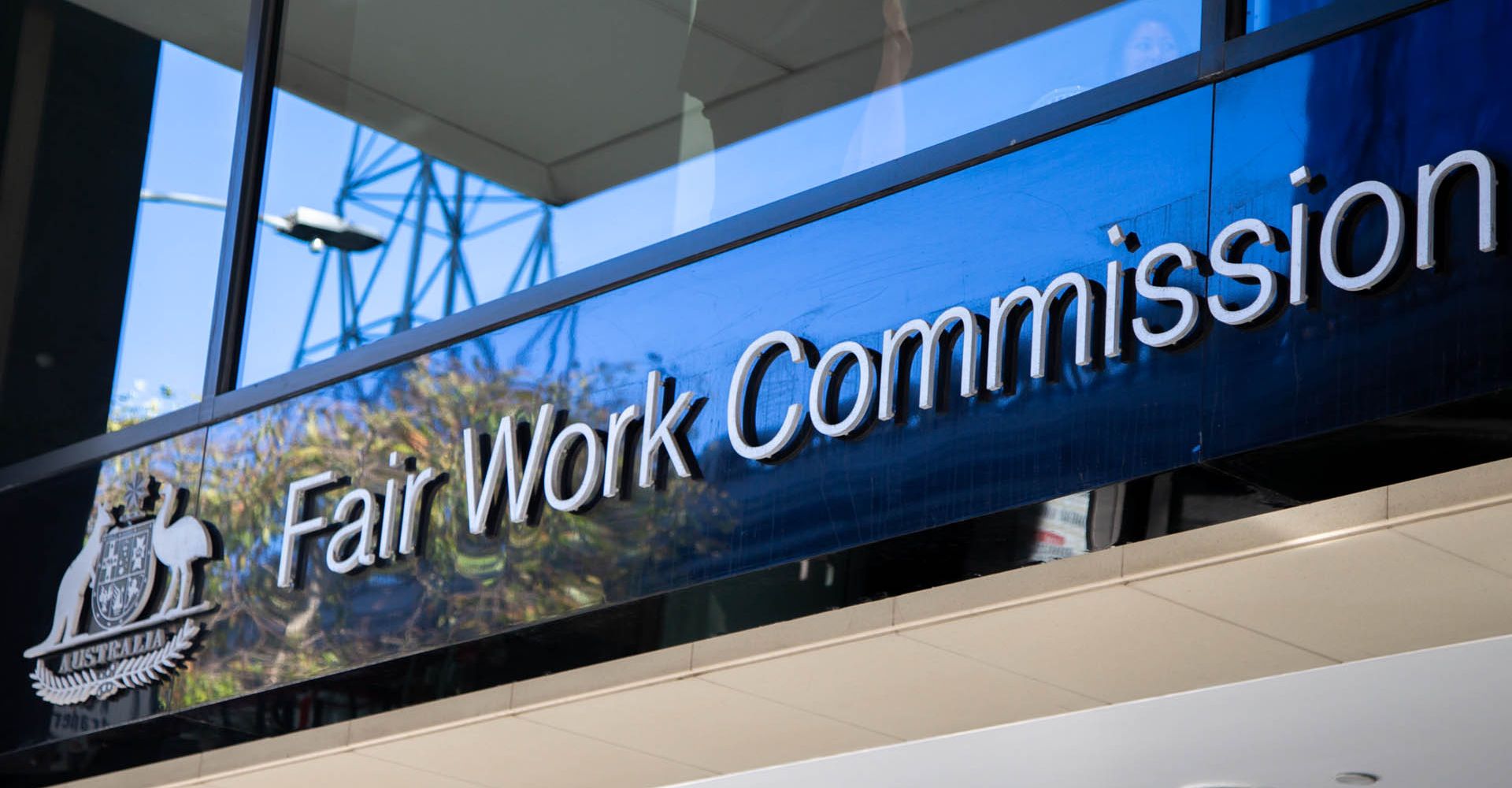While the National Tertiary Education Union’s National Executive is meeting with vice-chancellors to negotiate trading working conditions for job safety in the wake of COVID-19, a grassroots movement is calling on the NTEU to adopt a ‘no concessions’ stance and fight for every worker’s job and conditions. The current concessions strategy does not protect casual workers and could be devastating to our hard-earned rights. As casual university workers, we have no choice but to fight cuts to casual positions.
A system in crisis
Early in April, Universities Australia warned that 21,000 jobs will be lost over the next six months if the sector did not receive more substantial government support. However, this figure doesn’t take into account casual workers, which means that upwards of 30,000 people are facing job losses in the very near future.
Australian universities employ large numbers of casual staff, with two-thirds of the workforce in insecure jobs. Often described optimistically as a ‘flexible’ form of employment by those who benefit most from this form of cheap labour, casual work is the only available option to many, and we receive few (if any) of the benefits that continuing staff enjoy. Both academic and professional casual workers are hired and fired based on unpredictable student enrolments and shifting allocation of research funding. Heavy reliance on insecure labour has become a blight on higher education in Australia as a result of decades of neoliberal restructuring and reduction in public funding. These trends have produced a strong dependence on international student fees and private research funding, as well as skyrocketing salaries for managerial executives. Now, as universities brace for the loss of thousands of permanent and fixed-term jobs, many casuals have already been laid off to cut costs.
Most full-time staff are rightly horrified to hear that universities across the country are freezing casual employment in response to COVID-19. Just last month, a survey conducted by the UNSW Casuals Network reported that one in three casuals at UNSW have already lost work, 81 per cent fear that they’ll be out of a job next term, and 41 per cent are currently working unpaid hours. The expectation that casuals now take on additional work without pay in the transition to online delivery is part and parcel of the exploitative and insecure working conditions that casual staff already face.
Casual work is often seen as merely a transition between study and a ‘real job’, despite the reality that many of us depend on casual contracts on a long-term basis. Unfortunately, the National Tertiary Education Union (NTEU) has also historically focused its political and industrial campaigns around permanent workers, and has by and large failed to win improved job security for the masses of casual workers or fight back the tide of casualisation. The union has advocated for the creation of supposedly more secure teaching-intensive roles; but ultimately this benefits management, who can squeeze more cheap teaching hours out of these workers, and the strategy has not reduced the number of insecure jobs.
NTEU negotiations so far have been flawed
This is the context in which the NTEU began hasty negotiations with university bosses in March this year, without alerting members of these negotiations until weeks later. News trickled out that the NTEU’s National Executive (NE) had signalled that it may agree to some significant concessions to the pay and conditions of university workers under the guise of ‘saving jobs’, causing outrage amongst the membership. Nonetheless, the NE has insisted that an agreement with vice-chancellors, through their proposed ‘National Jobs Protection Framework’, is the only way forward, despite numerous branches passing motions opposing concessions. The NE argues that this is especially the case given recent changes to industrial relations regulations, which will allow employers to seek alterations to enterprise agreements with just 24 hours’ notice.
Which university workers does the National Jobs Protection Framework seek to protect? From the scant details shared with members, it looks like the most vulnerable workers are left behind. While the current proposal does advocate for the renewal of fixed term contracts, it only requires that ‘existing or recent casuals [are] given preference for any available work’ and that vacancies are ‘to be filled from the internal pool of displaced staff, including fixed term staff and casuals’ according to the information provided to members. Given that universities can hire and fire casuals as they please and are the ones with the power to determine whether work is ‘available’ for casuals or is instead pushed onto permanent staff, these guarantees provide little solace. Though the Framework does seek to obtain guarantees on ‘ongoing workload protections’ for continuing employees, what it needs is a rock-solid plan to prevent the work normally performed by casuals from being foisted onto remaining continuing staff, such as switching to education-focused roles with excessive teaching loads.
Bound to lose, if we don’t fight
Against the proposed Framework, we argue that the union should be fighting for all jobs – permanent, fixed-term and casual – rather than accepting managements’ divide-and-rule tactics. Those advocating for a ‘no concessions’ position are often charged with being naive, idealistic or hopelessly hardline. Though there is diversity within this camp, we don’t oppose outright the idea of a framework or agreement to protect jobs – but we do oppose one that willingly gives up our hard-won conditions without a fight. We oppose any strategy that treats casualised staff as collateral damage and divides us from our colleagues. And we oppose onerous bureaucratic union structures that stifle rank-and-file members who are ready and willing to fight for one another.
These extraordinary times call for extraordinary actions. While we have been regularly reminded by senior NTEU officials that industrial action outside of a formal bargaining period is illegal, our employers could at any moment go to the Fair Work Commission to change our hard-won conditions in our enterprise bargaining agreements. Though punitive industrial relations laws in Australia are made to stop us from taking industrial action, we can see all around us the benefits and protections won because people like us asserted their collective power, at times by breaking unjust laws. Senior NTEU officials insist on complying with laws that are designed to repress unions when Australian workers face the greatest threat to their rights in recent history. Whether we are in a bargaining period or not, the possibility of industrial action must not be ruled out. Our labour makes the university run. Without the ability to back up demands with a meaningful threat of industrial action, our ability to win better wages and conditions from employers is significantly undermined.
University workers elsewhere have demonstrated the power of industrial action: late last year, graduate workers at the University of California began a wildcat strike to demand a cost-of-living adjustment, with these strikes recently spreading to Columbia, the University of Oregon and beyond. In February, the University and College Union in the UK rolled out its ‘biggest ever strike wave’, with early wins around the conversion of casual staff to more secure roles. COVID-19 will force us to be more creative in our tactics, but there are many ways that we could disrupt the operations of the university from within our own homes – by turning off our modems, running into simultaneous technical difficulties, conducting teach-ins, or giving all our students marks of 100 per cent. University casuals have long learned to manage the tenuous boundaries between home-life and work-life – perhaps now we can use this to defend our livelihoods.
The struggle we engage in now will not only affect tens of thousands of workers in the short term but will also shape the future of higher education in Australia. This crisis could be a moment for universities to further consolidate their corporate and neoliberal agenda. Or, it could be one where university workers collectively wrest back some control over our working conditions and fight for a vision of higher education that is accessible to everyone who wants to study, rather than being an exploitative machine devoted to the service of capital. This is why we are fighting for the rights of every worker and for public funding of universities, and against the corporate university. The COVID-19 crisis exposes the fundamental inequalities that exist in the system – now, we have the opportunity to push beyond them.
Image by Erol Ahmed






